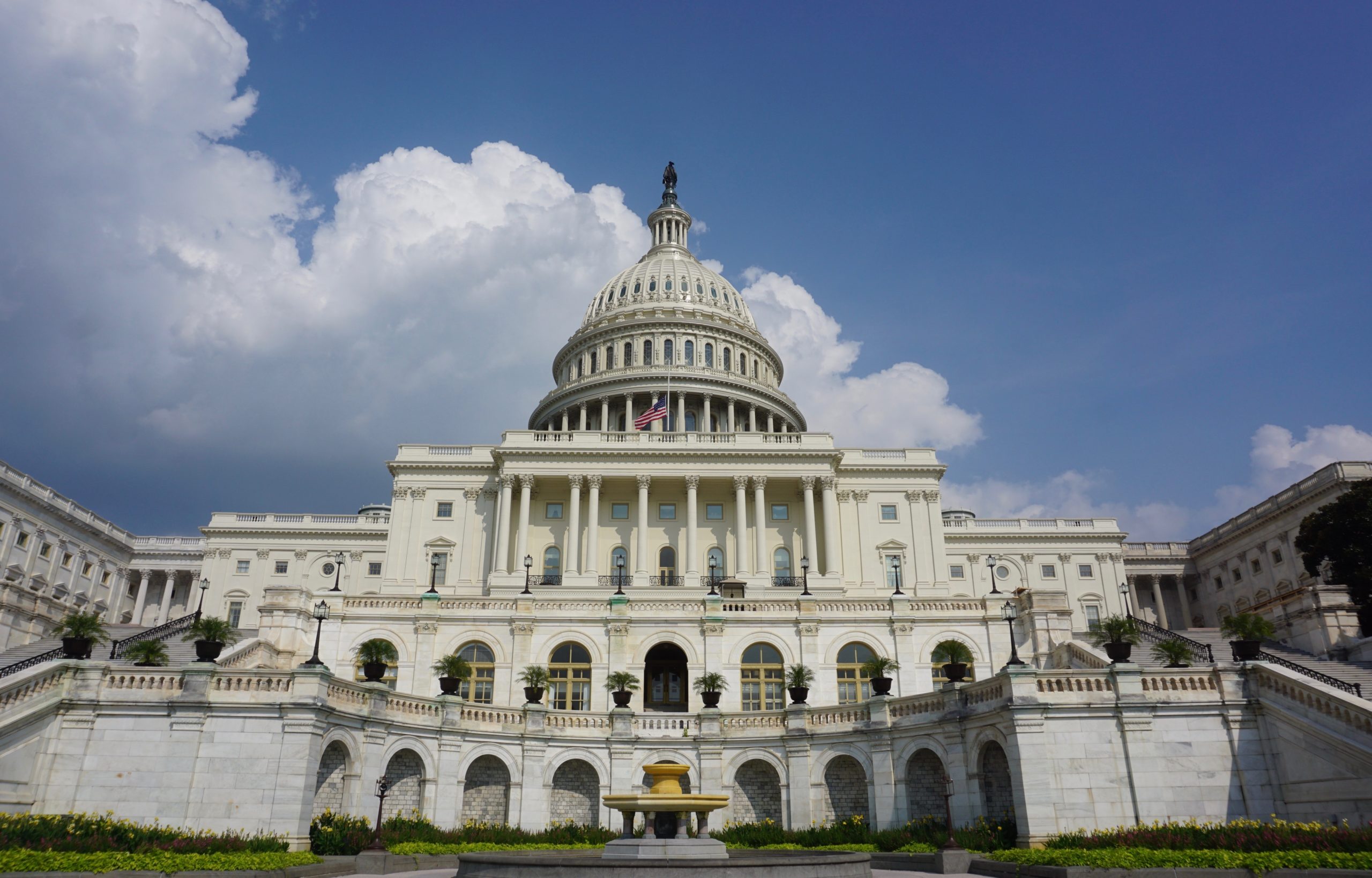News Author: Denver Gant
Estate Planning 101: Making Exempt Gifts
I have yet to meet a client who wants to pay estate taxes. Tax avoidance is among the primary reasons people meet with estate planning attorneys and develop estate plans. In 2022, the federal gift, estate, and generation skipping transfer tax exemptions are $12,060,000 per person (which is indexed for inflation and will rise through
Estate Planning in the 21st Century
On January 1, 2022, the Washington Uniform Electronic Wills Act (“Act”) took effect and in so doing brought estate planning documents into the 21st century. The Act modifies existing requirements in order to enable people to execute a valid Electronic Will. The changes allow clients, witnesses, and attorneys to overcome challenges such as lack of
Seven Things to Consider about Prenuptial Agreements
Prenuptial agreements (prenups) are no longer the sole domain of the rich and famous. There are many reasons why more couples consider one as they enter into marriage. Each prenup is tailored to the needs, desires, and circumstances of the parties involved. What follows are some common factors to help you determine whether you would
WHAT IS AN ESTATE PLAN? DO I NEED ONE?
What is an Estate Plan? An Estate Plan is a set of legal documents that memorialize how you want your assets distributed at your death. A good Estate Plan will also include documents that provide for options to manage your assets and health during your life if you are unable to do so yourself. Estate
Federal Estate Tax Legislative Update
Four months into the 117th United States Congress, the anticipated federal legislative proposals to restructure the federal estate tax are finally seeing the light of day. Senator Bernie Sanders and others recently introduced the For the 99.5% Act (the “Act”). True to its name, the Act takes direct aim at income and wealth inequality through
New Year, New Uncertainties: Estate Planning Changes on the Horizon
With Democrats gaining control of the White House, the House of Representatives, and, albeit somewhat tenuously, the Senate, there is a growing possibility of legislative changes to the federal estate tax laws to fulfill Democratic policy objectives and combat the significant budget deficits caused in part by the Covid-19 pandemic. In the unlikely event some






